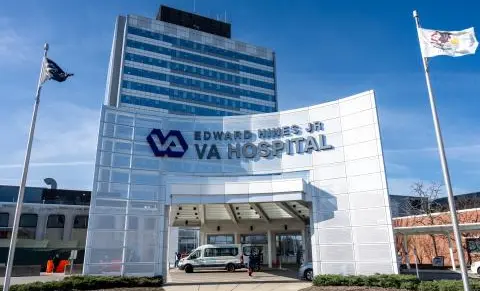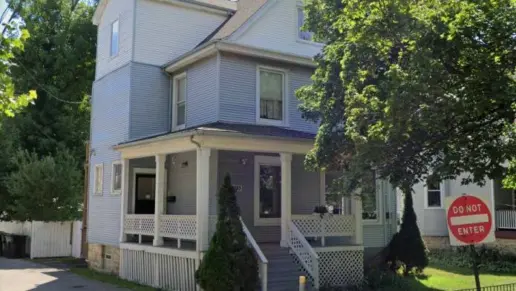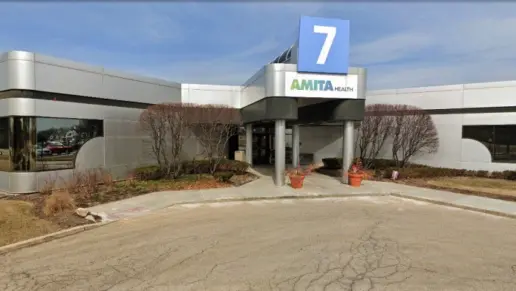About Advocate Lutheran General Behavioral Health Care
Advocate Lutheran General Hospital - Behavioral Health Services offers a full range of behavioral disorder treatments, including drug and alcohol rehab programs, in Park Ridge, Illinois. The private clinical setting is staffed by licensed and certified medical professionals who provide inpatient, partial hospitalization, intensive outpatient, and aftercare programs for adolescents, young adults, adults, and veterans.
Advocate Lutheran General Hospital – Behavioral Health Services offers a full range of behavioral disorder treatments, including drug and alcohol rehab programs, in Park Ridge, Illinois. The private clinical setting is staffed by licensed and certified medical professionals who provide inpatient, partial hospitalization, intensive outpatient, and aftercare programs for adolescents, young adults, adults, and veterans.
Inpatient treatment provides long term care for clients who exhibit severe symptoms and need 24 hour care and supervision. Clients live on campus for the duration of their treatment, with ongoing access to medical staff and services. Treatment is rooted in therapeutic programs administered by specialists. Counseling programs include group and individual psychotherapy, occupational therapy, goal setting, education and skill building groups, and medication education and management. Clients work with their personal care team to craft the care plan that makes up their daily schedule, ensuring that it meets their recovery needs.
Clients whose symptoms aren’t severe may be referred to the partial hospitalization program if they are stable enough not to need 24 hour supervision. Clients visit the facility for a few hours a day to receive treatment from their care team. Clients reside at home and continue working during treatment. This program provides the same treatment methods as other programs through a flexible schedule.
Intensive outpatient care is another daycare treatment option similar to partial hospitalization. However, unlike the partial hospitalization program, specialized care offers greater flexibility and independence for clients transitioning into their daily living routines. Additional programs include family conferencing, social services, and emotional wellness training.
Advocate Lutheran General Hospital offers continued care and support for all alumni. Clients may be referred to outside centers for specialized programs.
Advocate Lutheran General Hospital offers self pay and financing options. Selected Medicare and Medicaid are accepted. The center is in network with Aetna, BlueCross/BlueShield, Cigna, Coventry, First Health, Humana, MultiPlan, Quartz, TRICARE, United Healthcare, and WellCare. Please check your coverage as out of network benefits vary.
Latest Reviews
Rehab Score
Gallery
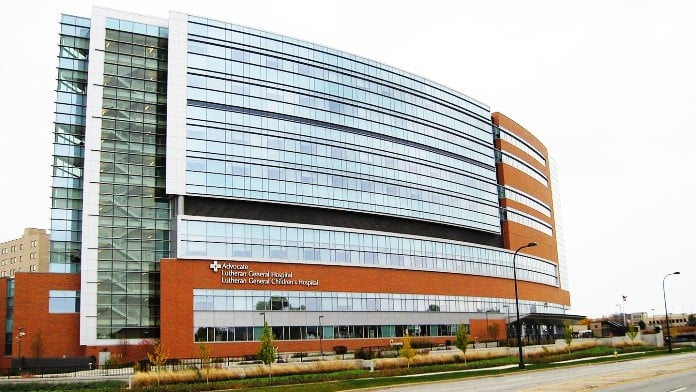
Location
Accepted Insurance









Other Forms of Payment
Private insurance refers to any kind of healthcare coverage that isn't from the state or federal government. This includes individual and family plans offered by an employer or purchased from the Insurance Marketplace. Every plan will have different requirements and out of pocket costs so be sure to get the full details before you start treatment.
Self-pay involves paying for treatment out of your own pocket. You can use savings or credit, get a personal loan, or receive help from family and friends to fund your treatment. If you don't have insurance or your insurance plan doesn't cover a specific program, self-pay can help ensure you still get the care you need.
Financial aid can take many forms. Centers may have grants or scholarships available to clients who meet eligibility requirements. Programs that receive SAMHSA grants may have financial aid available for those who need treatment as well. Grants and scholarships can help you pai for treatment without having to repay.
Medicare is a federal program that provides health insurance for those 65 and older. It also serves people under 65 with chronic and disabling health challenges. To use Medicare for addiction treatment you need to find a program that accepts Medicare and is in network with your plan. Out of pocket costs and preauthorization requirements vary, so always check with your provider.
Medicaid is a state based program that helps lower-income individuals and families pay for healthcare. Medicaid covers addiction treatment so those enrolled can use their coverage to pay for rehab. When a program accepts Medicaid the client often pays very little or nothing out of their own pocket.
Military members, veterans, and eligible dependents have access to specific insurance programs that help them get the care they need. TRICARE and VA insurance can help you access low cost or no cost addiction and mental health treatment. Programs that accept military insurance often have targeted treatment focused on the unique challenges military members, veterans, and their families face.
Addiction Treatments
Levels of Care
Treatments
Many of those suffering from addiction also suffer from mental or emotional illnesses like schizophrenia, bipolar disorder, depression, or anxiety disorders. Rehab and other substance abuse facilities treating those with a dual diagnosis or co-occurring disorder administer psychiatric treatment to address the person's mental health issue in addition to drug and alcohol rehabilitation.
Mental health rehabs focus on helping individuals recover from mental illnesses like bipolar disorder, clinical depression, anxiety disorders, schizophrenia, and more. Mental health professionals at these facilities are trained to understand and treat mental health issues, both in individual and group settings.
Programs


Clinical Services
Cognitive Behavioral Therapy (CBT) is a therapy modality that focuses on the relationship between one's thoughts, feelings, and behaviors. It is used to establish and allow for healthy responses to thoughts and feelings (instead of unhealthy responses, like using drugs or alcohol). CBT has been proven effective for recovering addicts of all kinds, and is used to strengthen a patient's own self-awareness and ability to self-regulate. CBT allows individuals to monitor their own emotional state, become more adept at communicating with others, and manage stress without needing to engage in substance abuse.
Group therapy is any therapeutic work that happens in a group (not one-on-one). There are a number of different group therapy modalities, including support groups, experiential therapy, psycho-education, and more. Group therapy involves treatment as well as processing interaction between group members.
In individual therapy, a patient meets one-on-one with a trained psychologist or counselor. Therapy is a pivotal part of effective substance abuse treatment, as it often covers root causes of addiction, including challenges faced by the patient in their social, family, and work/school life.
Staff
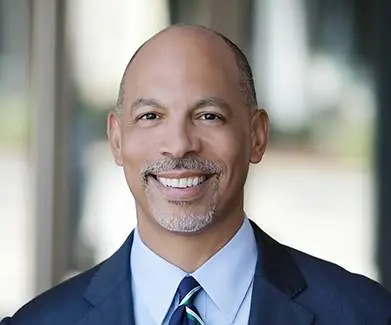
CEO
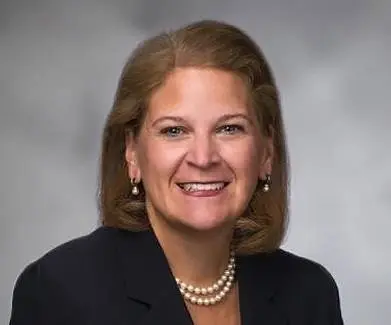
Executive VP & CIO

Executive VP & CFO
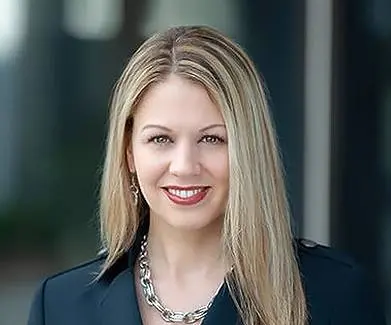
Executive VP & Chief Community and Social Impact Officer
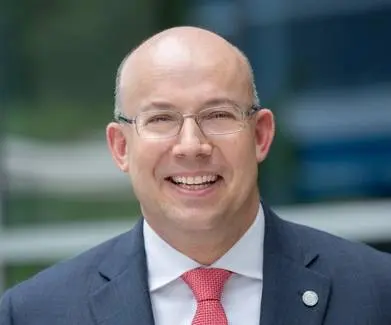
Executive VP & Chief Legal Officer
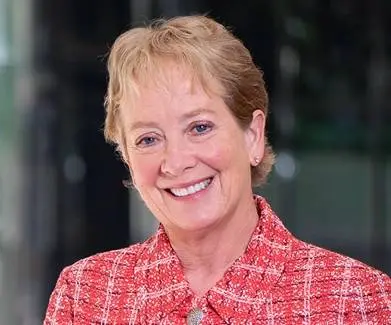
Executive VP & Chief Academic Officer
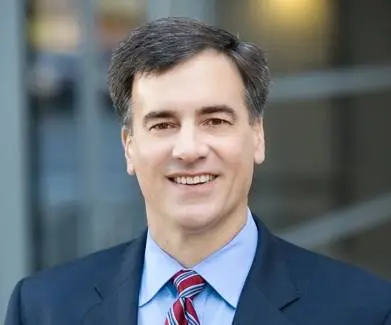
President
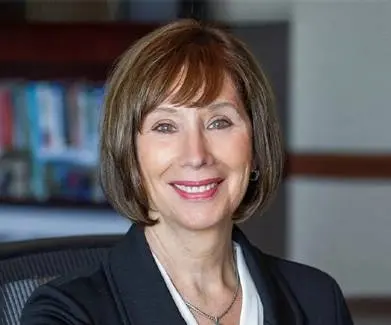
Executive VP & Chief Nursing Officer
Contact Information
1775 Dempster Street
5th Floor
Park Ridge, IL 60068










